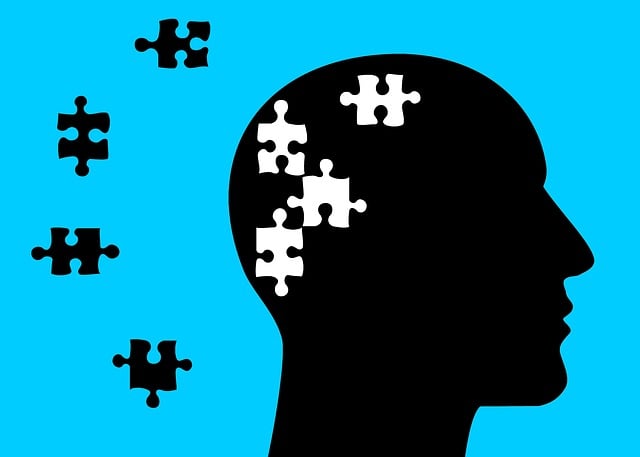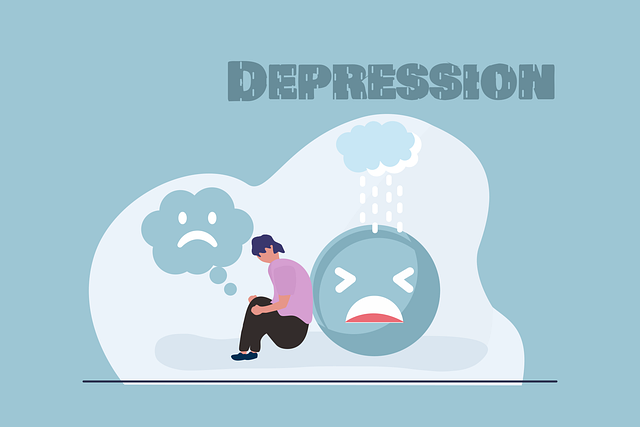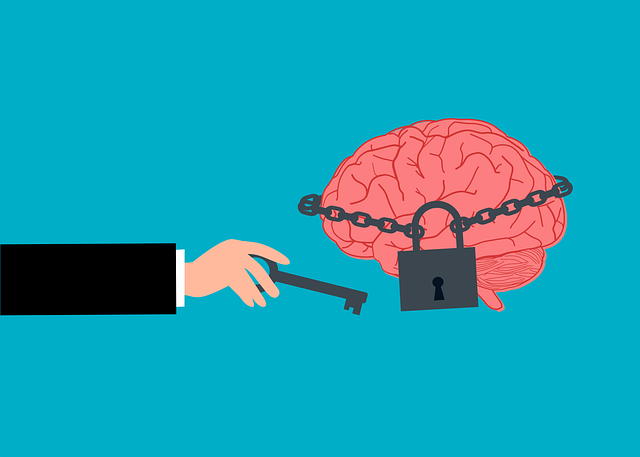Anxiety in children from polyamorous or open relationships presents unique challenges, requiring tailored interventions. CBT is an effective therapy that helps identify and replace negative thought patterns with positive ones, empowering kids to manage anxiety. Mindfulness practices, relaxation techniques, and self-awareness exercises further support stress management and relationship connections within these complex family structures. Integrating these tools promotes resilience, enhances communication, and fosters healthier mental wellness outcomes for children in polyamorous and open relationships.
Anxiety can greatly impact children’s well-being, but managing it effectively is achievable. This article offers a comprehensive guide to various techniques, catering to diverse needs. We explore ‘Understanding Anxiety in Children’, delving into symptoms and causes. For parents seeking professional help, we highlight Cognitive Behavioral Therapy (CBT) as a proven approach. Additionally, we delve into unique strategies for polyamorous and open relationships, as well as mindfulness and relaxation practices to foster calmer minds.
- Understanding Anxiety in Children: Symptoms and Causes
- Cognitive Behavioral Therapy (CBT): A Proven Approach for Kids
- Navigating Stress: Techniques for Polyamorous and Open Relationships
- Mindfulness and Relaxation Practices for Calmer Minds
Understanding Anxiety in Children: Symptoms and Causes

Anxiety in children can manifest in various ways, from excessive worry and fear to physical symptoms like restlessness, difficulty concentrating, and even panic attacks. Recognizing these symptoms is crucial for parents and caregivers. Children may struggle to express their feelings verbally, so observing changes in behavior, mood swings, or avoidance of certain situations can be key indicators. Understanding the underlying causes of anxiety is equally important; it could stem from stress at school, social interactions, or even witness domestic issues, including those within polyamorous and open relationships.
The impact of anxiety on children’s mental wellness cannot be overlooked. Effective therapy, such as cognitive-behavioral therapy (CBT), can help them manage these feelings. Encouraging journaling as a form of self-expression and Mental Wellness Journaling can also prove beneficial. Simple exercises like deep breathing and guided meditation offer immediate depression prevention strategies, while crisis intervention guidance can equip both children and their families to handle anxiety-inducing situations effectively.
Cognitive Behavioral Therapy (CBT): A Proven Approach for Kids

Cognitive Behavioral Therapy (CBT) is a highly effective approach for managing anxiety in children and teens, offering valuable tools to navigate their emotions and thoughts. This therapy focuses on identifying negative thought patterns and replacing them with more positive and realistic ones, fostering a sense of control over anxiety-provoking situations. CBT has been extensively studied and proven successful in treating various forms of anxiety disorders in young individuals.
For children from polyamorous and open relationships, CBT can be tailored to address unique challenges they may face related to their family structures. By promoting positive thinking and building confidence, CBT helps kids develop resilience and coping mechanisms. These techniques encourage self-awareness, enabling children to understand their triggers and learn effective strategies to manage anxiety in the long term. Many mental wellness coaching programs for young people incorporate CBT elements to support overall mental wellness development.
Navigating Stress: Techniques for Polyamorous and Open Relationships

Navigating stress is a unique challenge for individuals in polyamorous and open relationships due to their often complex dynamics and communication needs. However, there are several effective therapy techniques tailored to address these specific concerns. One approach involves self-awareness exercises that encourage partners to openly discuss their feelings, boundaries, and expectations, fostering understanding and reducing anxiety stemming from uncertainty.
Additionally, coping skills development plays a crucial role in managing stress within these relationships. Therapists can teach mindfulness practices, relaxation techniques, and healthy communication strategies tailored to each couple’s unique situation. By integrating these tools into their daily lives, individuals and couples can enhance their stress management, improve connection, and cultivate resilience, ensuring more fulfilling and less anxiety-ridden experiences within their open relationships.
Mindfulness and Relaxation Practices for Calmer Minds

Mindfulness and relaxation practices have emerged as powerful tools in anxiety management, offering a calm counterpoint to the often turbulent minds of children and adults alike. Techniques such as deep breathing exercises, guided meditation, and yoga can help individuals cultivate a sense of present-moment awareness, breaking free from anxious thoughts that often trap us in a cycle of worry. These practices are especially beneficial for those navigating complex life situations, including polyamorous and open relationships, where communication, trust, and emotional vulnerability play significant roles.
Incorporating mindfulness into daily routines can serve as an effective risk management strategy for mental health professionals and individuals dealing with anxiety. By fostering self-care routine development, these practices enable better mental health outcomes. Moreover, public awareness campaigns that highlight the importance of relaxation techniques can contribute to a broader understanding and reduction of anxiety in communities, extending beyond traditional therapy settings.
Anxiety management techniques vary greatly depending on individual needs, but as seen, there are effective approaches tailored for children, polyamorous/open relationships, and those seeking mindfulness. Cognitive Behavioral Therapy stands out as a proven solution for kids dealing with anxiety. For adults in polyamorous or open relationships, navigating stress uniquely presents challenges that can be mitigated using specific strategies. Mindfulness and relaxation practices offer valuable tools to calm minds and reduce anxiety for all. By exploring these diverse techniques, individuals and families can find the best paths to managing anxiety and enhancing overall well-being.














